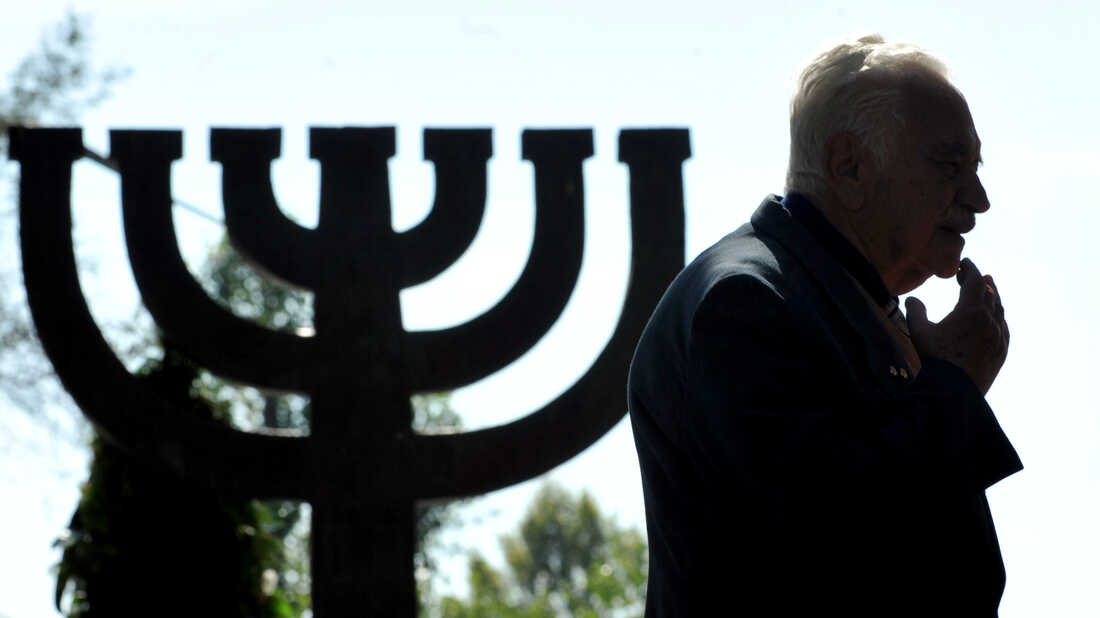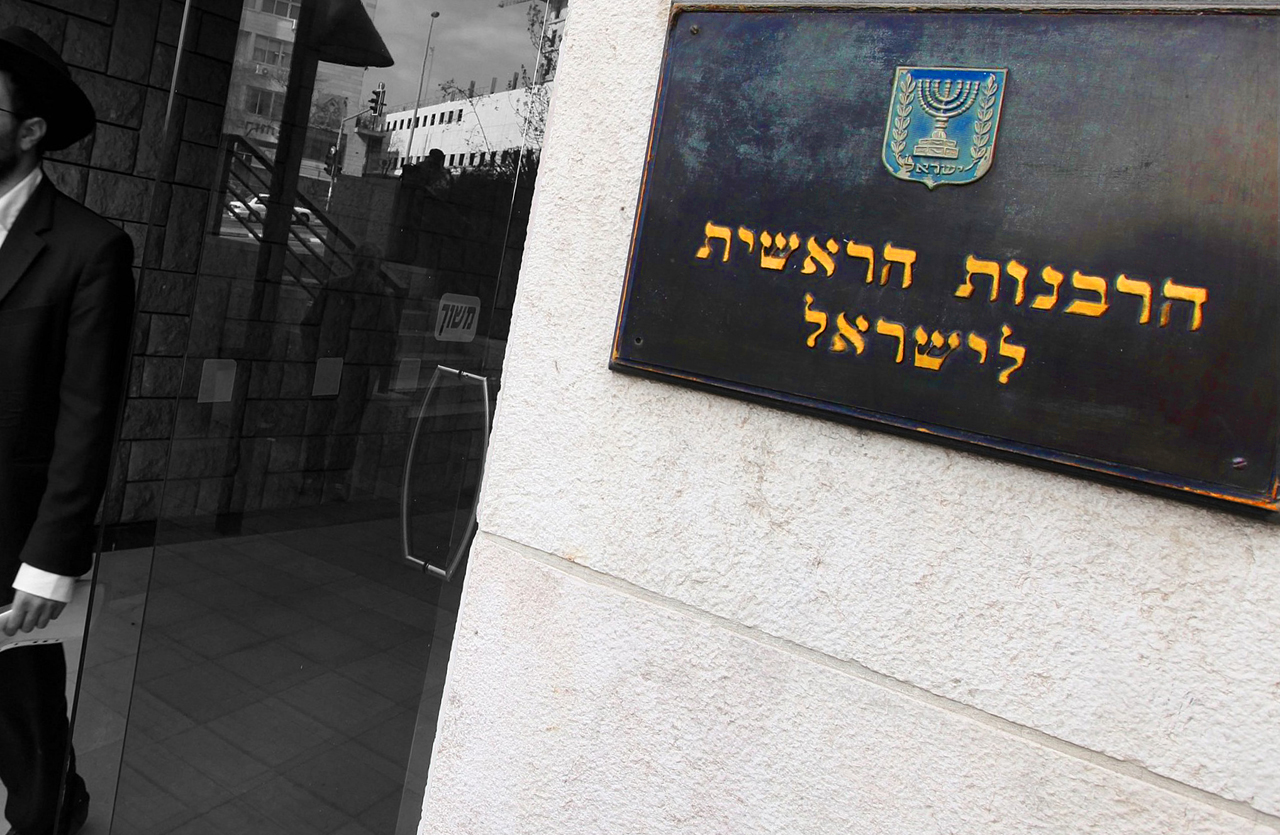
Learning your origin story is a fascinating and important journey, especially when it comes to finding your Jewish roots. It is not only a way to learn about your family and cultural history, but also to understand your deep connections to Jewish heritage and community. In this context, examining current methods and resources for successfully exploring Jewish roots is a necessary step for those seeking to discover this important aspect of their identity.
Discovering your Jewish heritage: modern search methods and tools
Finding your Jewish roots can be an important step for people who want to understand their history, cultural heritage and connections to the Jewish community. There are now many ways and tools to help people search and clarify their genealogical ties to Jewish ancestry.
One of the first steps is the study of family history and documents. This may include pedigrees, birth certificates, wedding certificates, migration documents and other historical documents that may contain information about your family’s origins. Interviewing close relatives can also provide valuable information about your ancestry.
Another important resource isOnline genealogy databases and resources. Modern family trees such as Ancestry.com, MyHeritage and JewishGen provide access to extensive databases containing ancestry and family history information. Some of them specialize in Jewish genealogy and can offer valuable sources of information about your Jewish ancestry.
DNA testing is becoming an increasingly popular method for finding genealogical connections and ancestry. Companies such as 23andMe, FamilyTreeDNA and MyHeritage DNA offer DNA testing that can help establish ethnic ancestry and find potential relatives with compatible genetic matches. For Jewish roots, there are specialized tests aimed at determining Jewish ethnic origin.

Searching for information in archives and libraries may also be useful. Many archives, especially those that specialize in migration history and Jewish culture, may contain valuable resources for researching your Jewish ancestry.
Collaboration with professional genealogists and by researchers can also be an effective way to find Jewish roots. They have access to specialized resources and techniques and can help you research your family history.
In addition, to clarify your Jewish roots, it is useful to turn to the religious and cultural societies of the Jewish community. They can provide additional resources, assistance in interpreting historical documents in Yiddish or other languages, and contacts with researchers and genealogists specializing in Jewish genealogy.
It is important to remember that searching for Jewish roots can be a complex process that requires patience, persistence, and the use of a variety of sources of information. It is important to remain open to different possibilities and be prepared that the results may be mixed or require further investigation.
Documents and Jewish Roots: Key Sources of Information

What documents should be studied to determine Jewish roots? For example, if you have information that your grandmother was Jewish, you might want to find official documents to support that claim and then determine your mother’s ethnicity.
Birth certificate. The nationality of the newborn is indicated here, as well as information about the parents, which can help establish nationality and family ties.
Marriage certificate. This document may also reflect the nationality of the spouses and information about the parents, which is important for pedigree research.
Military IDs. They may contain information about the nationality and marital status of the military personnel, which can be useful for studying family ties.
School diploma. In some cases, educational records also indicated the student’s nationality.
House books. House books may contain records of registered residents, including information about nationality and marital status.
Personal things. Archives may contain personal files containing data on nationality and family history.
Biographies and profiles. Various profiles and biographical materials may also contain references to nationality and family ties.
CPSU documents. Some documents related to membership in the CPSU or other organizations may contain information about nationality and family history.
This is just a small list of possible sources of information about Jewish roots in documents. It is important to conduct a thorough analysis and research of various documents to fully understand the history of your roots.
The more documents you have, the stronger your evidence will be. By presenting the consul with birth certificates, military ID cards, extracts from house books with the corresponding nationality, ketubah (Jewish wedding paper), burial certificate and several photographs of ancestors with Jewish symbols, you will have almost a 100% chance of a positive decision from the consul.
